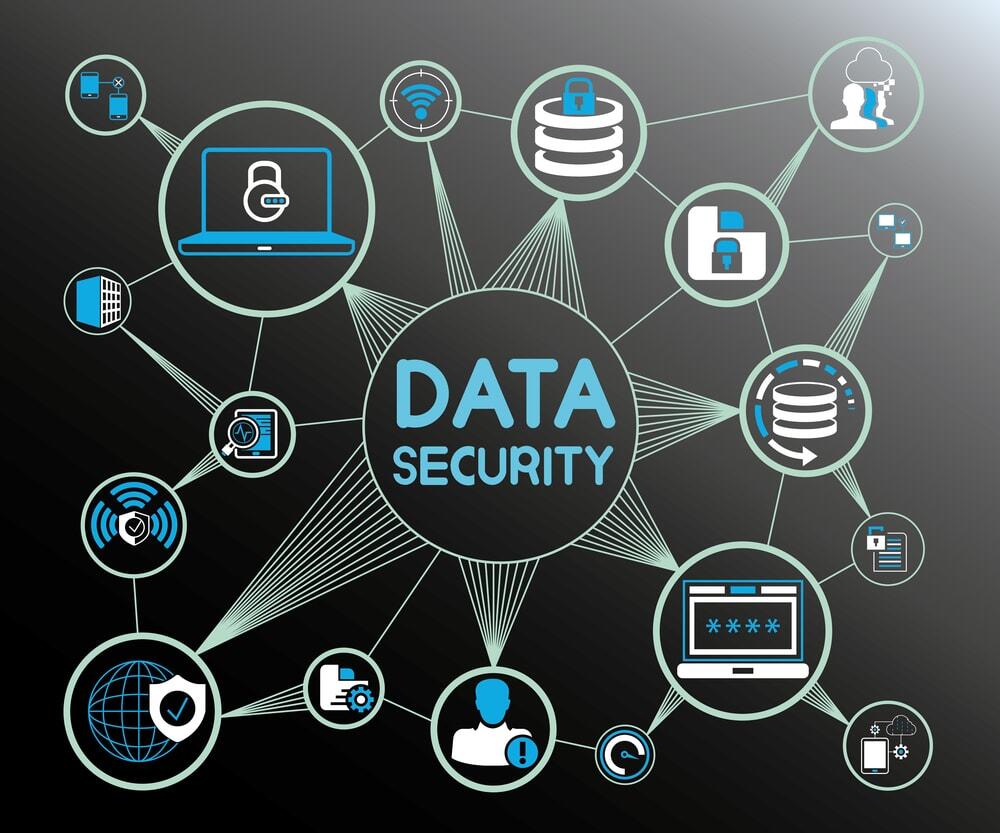In the digital age, data has become a currency of immense value, shaping the way businesses interact with consumers. Large companies meticulously gather and analyze user data, transforming it into actionable insights. From personalizing experiences to optimizing marketing strategies, data plays a pivotal role. This exploration delves into the ways in which these corporate giants are using your data, shedding light on the practices that have become integral to their operations. The journey through this landscape reveals not only the benefits but also the ethical dilemmas and privacy concerns that accompany data usage.
Contents
- 1 The Landscape Of Data Collection
- 2 Personalization And User Experience
- 3 Ethical Considerations And Privacy Concerns
- 4 Advertising And Targeted Marketing
- 5 Boosting Sales And Revenue Generation
- 6 Product Development And Innovation
- 7 Data Security And Protection Measures
- 8 The Future Of Corporate Data Usage
- 9 Navigating The Data Frontier
The Landscape Of Data Collection

Data collection is a systematic process where information is gathered and measured to provide a nuanced understanding of user behavior and preferences. This information can range from personal details such as age and location to behavioral data like browsing habits and purchase history. The advent of big data analytics has enabled companies to process and analyze these vast datasets, extracting valuable insights that drive decision-making.
In this landscape, data becomes the backbone of strategic planning for businesses. By understanding user preferences, companies can tailor their offerings and strategies to meet consumer needs. The types of data collected serve as a foundation for various applications, from marketing to product development, creating a tapestry of opportunities for businesses to explore.
Personalization And User Experience

In a world inundated with content and choices, personalization stands out as a beacon for user engagement. Companies utilize data to craft tailored experiences, ensuring that users find exactly what they seek. By analyzing browsing habits, purchase history, and preferences, businesses can predict and present options that resonate with the individual. This level of customization enhances user satisfaction and fosters brand loyalty.
The benefits of personalization extend beyond mere convenience. A tailored user experience can lead to increased time spent on a platform and a higher likelihood of conversion. As users find their needs met with precision, they are more likely to return, creating a positive feedback loop that benefits both the consumer and the business.
Ethical Considerations And Privacy Concerns

The collection and use of data, while beneficial, also tread on the delicate ground of ethics and privacy. Instances where user data has been mishandled or misused have led to public outcry and calls for stricter regulations. Transparency in data collection practices and ensuring user consent are paramount in maintaining trust.
Balancing the benefits of data usage with ethical considerations is a challenge that companies must navigate. Privacy concerns are not merely about data collection but also about how the data is used and protected. Striking the right balance ensures that companies can harness the benefits of data while respecting user privacy and autonomy.
Advertising And Targeted Marketing

In the realm of advertising, data serves as a compass, guiding companies to their target audience with precision. By analyzing user data, businesses can craft advertisements that resonate with specific demographics, thereby increasing the likelihood of engagement. Targeted marketing, fueled by data, ensures users encounter advertisements that align with their interests and needs. This approach not only optimizes advertising budgets but also enhances the user experience by reducing irrelevant ad exposure.
The effectiveness of targeted marketing is evident in its widespread adoption across industries. From social media platforms to e-commerce websites, personalized ads have become the norm. By leveraging data, companies can create compelling narratives that speak directly to the consumer, fostering a connection that can lead to successful conversions.
Boosting Sales And Revenue Generation

Data-driven strategies have a direct impact on a company’s bottom line. By understanding consumer behavior and preferences, businesses can optimize their offerings and marketing efforts to boost sales. For instance, predictive analytics can help companies anticipate demand and adjust inventory accordingly, ensuring that popular products are always in stock. Additionally, personalized recommendations can lead to increased basket sizes and repeat purchases.
The correlation between data-driven strategies and increased revenue is clear. Companies that successfully leverage data can tailor their sales strategies to meet consumer needs, resulting in higher conversion rates. By turning data into actionable insights, businesses can create a seamless path from discovery to purchase, enhancing the overall customer journey.
Product Development And Innovation

Data serves as a catalyst for innovation, allowing companies to identify market trends and consumer needs. By analyzing user feedback, purchase history, and market trends, businesses can gain insights into what products or features are in demand. This information can then be used to guide product development, ensuring that new offerings align with consumer expectations and fill gaps in the market.
Examples of data-driven product development are abundant across various industries. From tech giants developing new software features based on user behavior to fashion brands creating collections inspired by trending styles, data informs and shapes the innovation process. By staying attuned to data, companies can remain agile and responsive to the ever-changing market landscape.
Data Security And Protection Measures

The importance of securing user data cannot be overstated. As companies collect and analyze vast amounts of information, ensuring the privacy and security of this data becomes paramount. Robust data protection measures, including encryption, secure data storage, and regular audits, are essential to safeguarding user information. These practices not only protect the data from external threats but also ensure compliance with data protection regulations.
In addition to technical measures, companies also invest in educating employees and users about data security best practices. By fostering a culture of data protection and implementing stringent security protocols, companies can ensure that user data is handled responsibly and securely. This commitment to data security is crucial in maintaining trust and ensuring the continued success of data-driven practices.
The Future Of Corporate Data Usage

Emerging trends in data usage and analytics signal a future where data collection practices continue to evolve and expand. Advancements in artificial intelligence and machine learning are poised to enhance how data is analyzed and utilized. Companies are exploring new avenues for data application, from enhancing virtual reality experiences to creating more sustainable business practices. The relationship between users and companies regarding data is also evolving, with a growing emphasis on user control and data ownership.
The potential for change in corporate data usage is vast. As technology continues to advance, the ways in which data is collected, analyzed, and applied will likely undergo significant transformations. By staying abreast of these changes, companies can continue to harness the power of data while adapting to shifting expectations and technological capabilities.
In the intricate dance between companies and consumers, data stands as a powerful partner, guiding moves and shaping outcomes. This exploration has explored the multifaceted ways in which large companies utilize user data, from personalization to ethical considerations and from revenue generation to innovation. Striking a balance between harnessing data’s potential and respecting privacy is an ongoing challenge. As the landscape continues to evolve, the dialogue surrounding corporate data usage is set to grow richer, prompting reflection, adaptation, and progress in this ever-expanding frontier.


